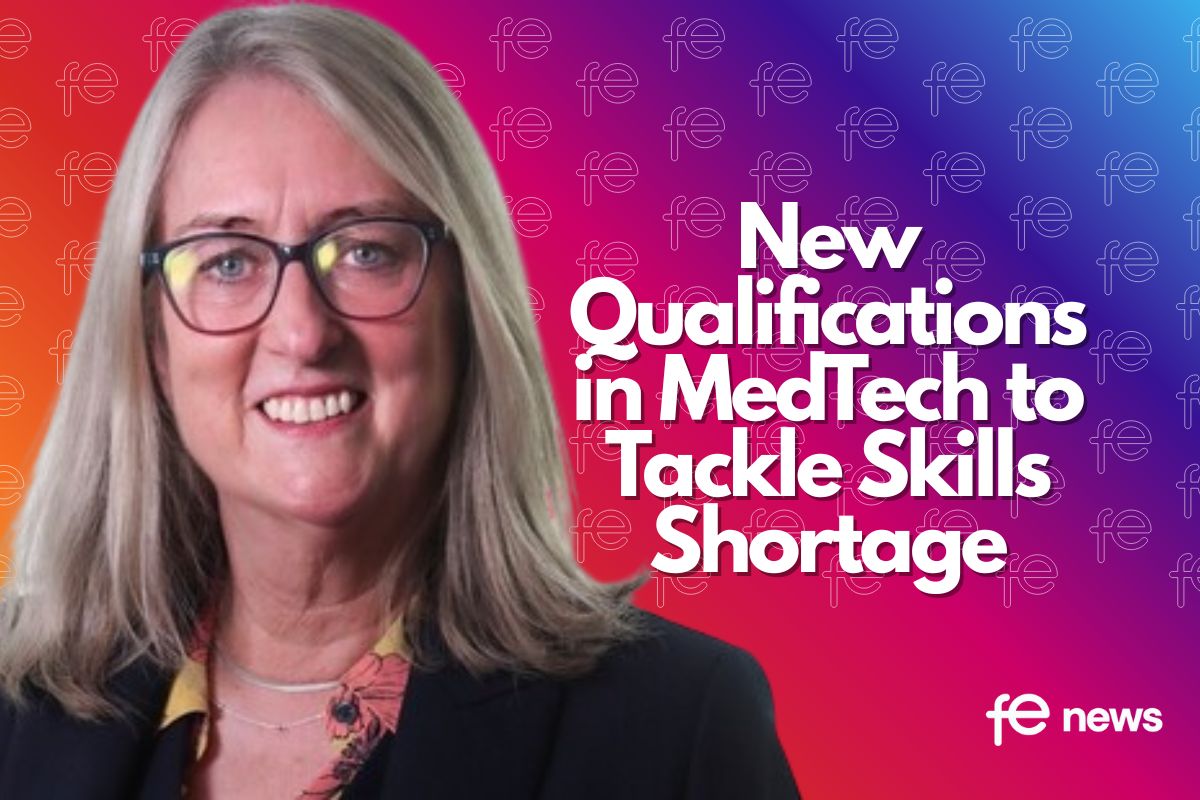Further Education: crucial to recovery, but neglected

New report from @centreforlondon – finds Further Education is crucial to London’s recovery, but has suffered from government neglect and underfunding
Centre for London is the capital’s dedicated think tank, and their latest report finds that Further Education providers are ill-prepared to support Londoners and the city’s employers through the coronavirus recession, after a decade of underfunding, declining participation and worsening student outcomes.
A new report from Centre for London calls on the government to introduce a support package for London’s crucial Further Education sector and give more powers for the Mayor of London to allocate funding to where it is needed most. Without access to high quality further education, Londoners will struggle to find new opportunities as unemployment rises, slowing the coronavirus recovery.
The report finds that further education in London is hampered because:
- It is underfunded: there are more learners in Further Education than in Higher Education in London, but spending on adult education, apprenticeships and other work-based learning for over 18s has fallen by 37 per cent since 2009/10.
- There are not enough learners: the proportion of working age Londoners in Further Education has fallen by over 40 per cent since 2014 – only one in 13 Londoners were in further education in 2019.
- Funding can be restrictive: grants for learners and colleges have been reduced or replaced with loans, and providers continue to be funded by annual contracts based on the number of learners in the previous year.
- Making savings impacts teaching: As of February 2019, 29 per cent of London’s colleges were Ofsted rated as requiring improvement or inadequate, compared to just six per cent of London’s schools.
- Courses are not advanced enough: 99 per cent of learners are taking courses at level 3 or below (equivalent to A-Level) and three quarters at level 2 (equivalent to GCSE) or below.
- There are not enough new apprentices: Despite government investment in apprenticeships, London has half as many apprenticeship starts as the rest of the UK, and many of these new starters are not new to the labour market.
- It has not responded to employers’ needs: the number of learners and apprentices in areas with skills shortages has barely changed since 2014/15.
The Coronavirus crisis has forced providers to move learning online, but this has costs. The Mayor’s new online skills fund for providers is welcome, but London’s colleges also need a long-term solution. As well as the newly-unemployed, thousands of young Londoners will finish school this year and seek further education to improve their prospects – the capacity must be in place to help them.
To respond to this, the government must:
- Introduce a support package for the Further Education sector, bringing funding closer to the Higher Education offer. This should include boosting teaching grants for subjects relevant to skills shortages.
- Make learning more affordable by offering free tuition for students studying for their first level 2 or level 3 qualification and a lifelong learning allowance for higher-level courses, available for adults without a publicly funded degree.
- Devolve the Further Education budget in full to London government, including funding for apprenticeships and 16-18 learning, to enable strategic oversight of the city’s skills provision and allow City Hall to set priorities that match London’s economic needs.
Nicolas Bosetti, Research Manager at Centre for London said:
“The impact of coronavirus is pushing people to the brink, and the upcoming recession is set to hit London hard. Automation and Brexit were already a threat to London’s workforce and this crisis makes the situation far worse.
“Retraining and upskilling is even more important now than it was three months ago, and the government is going to need to step in if we’re going to help workers into employment in the post-COVID-19 world.
“But without investment and strategic long-term thinking, the further education sector will not be able to support London’s recovery.
“Ensuring all Londoners can access high quality further education will be an essential part of building back better, and giving people the skills to thrive in our city’s competitive job market.”
Michelle Cuomo-Boorer, Assistant Director, Skills and Employment, Greater London Authority said
“The Mayor has made clear that devolving the Adult Education Budget (AEB) to London is only the first step.
“The AEB is underfunded and urgently needs additional investment. It has to be part of a holistic approach, one which the report makes clearly. London, along with other regions, must have more control over skills funding and how this is used.
“This will be a key part of London’s recovery, building a fair and inclusive economy and society and investing in the long term sustainability of jobs for all Londoners. “
Capital City College Group is London’s largest further education college group, with over 28,500 students. Group Chief Executive Roy O’Shaughnessy said:
“This report illustrates the effects of well over a decade of neglect and cuts on further education, painting a picture of underfunding, falling student and apprentice numbers and a complex thicket of funding rules which blunts both effectiveness and innovation.
“There is so much energy and passion in our sector – I see it every day in the actions of our leaders and teaching staff – and we will need this to dig ourselves out of our current situation. For example, we in the Capital City College Group are looking at our own resources – our buildings, our course offer and our relationships with local and regional employers – to help secure our longer-term financial future and to ensure that our courses equip Londoners with the skills they need for the jobs they will do in the future.
“With the Government focusing its attention and spending on the response to the COVID-19 pandemic, we cannot assume all of our funding requirements will be met. It is right that we call for more funding and less complexity, but we must also lead by example and show that we are worthy of additional investment. We owe it to the people of London.”
Stephen Evans, Chief Executive at the Learning and Work Institute said:
“Access to learning and skills is crucial to tackle the sharp rise in unemployment caused by the coronavirus crisis. It’s also essential for building an inclusive, prosperous city for the long-term: helping people adapt to change, ensuring London succeed in the decades ahead.
“Yet funding for adult learning has been cut over the last decade and the number of adults taking part in learning is at our record low on our survey. It’s vital we invest now to give people opportunities to learn for health, wellbeing, social inclusion and economic prosperity.”











Responses